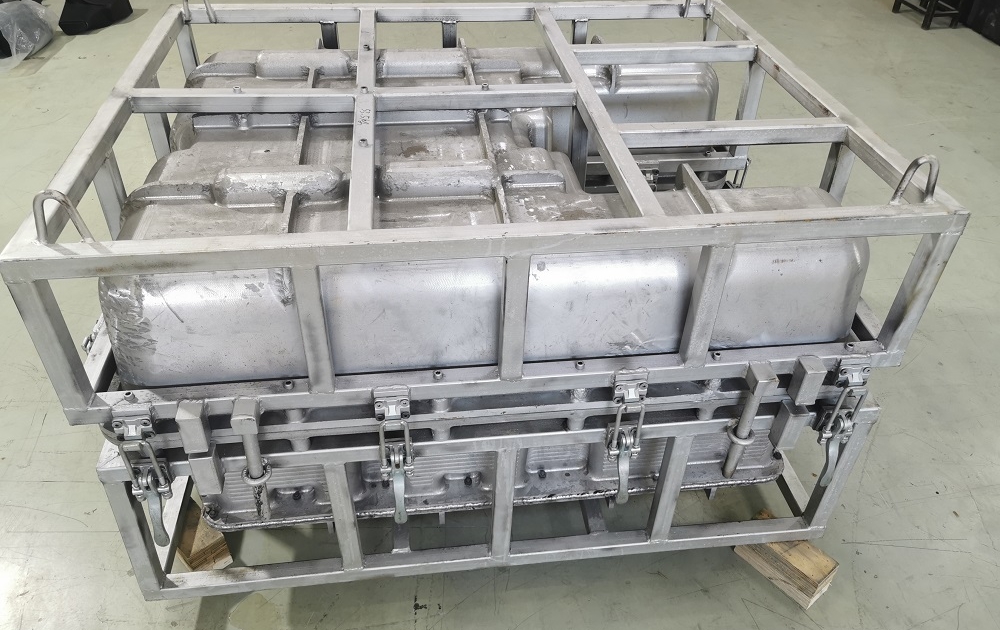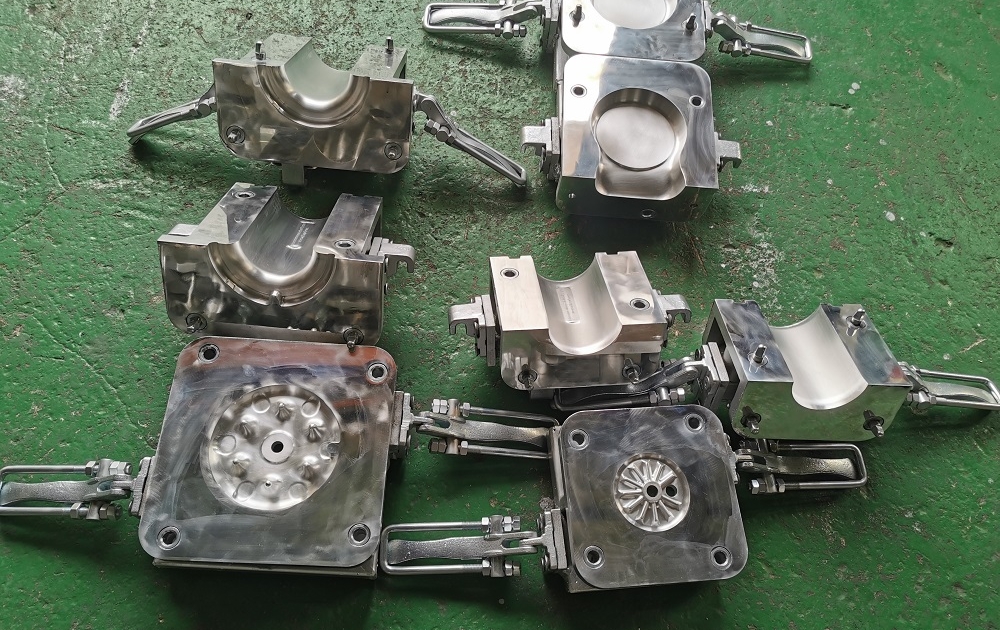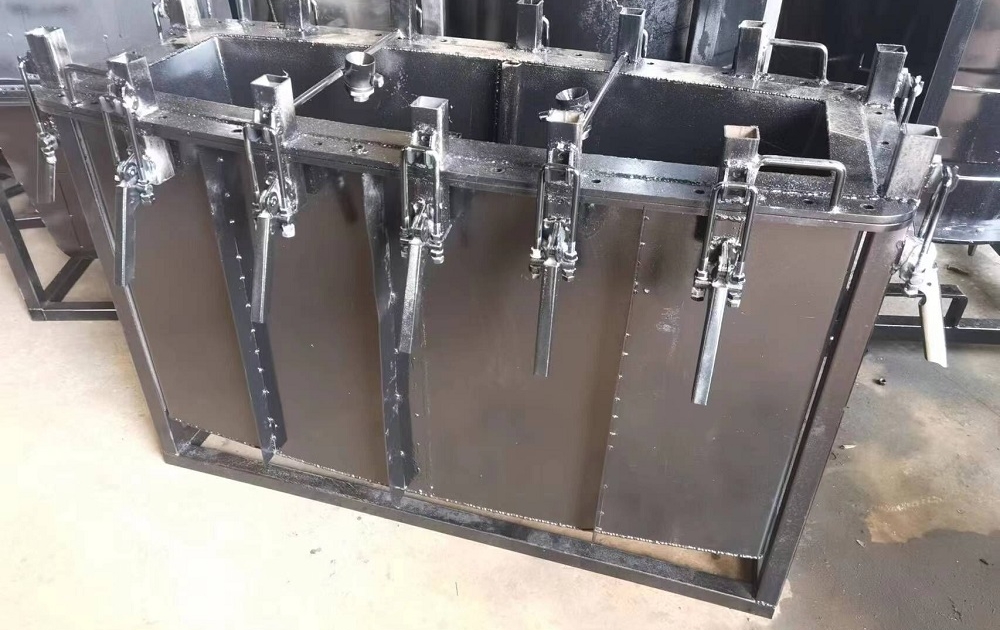Selecting the right roto mold is a crucial step in achieving successful rotomolding outcomes. The type of mold you choose can significantly impact the quality, durability, and cost-effectiveness of your rotomolded products. In this blog, we will explore three common types of molds: cast aluminum molds, CNC aluminum molds, and steel molds. By understanding the characteristics and benefits of each mold type, you can make an informed decision when choosing the right mold for your rotomolding projects.
Cast Aluminum Molds:

Cast aluminum molds are widely used in rotomolding due to their excellent thermal conductivity, durability, and cost-effectiveness. They are created by pouring molten aluminum into a mold cavity, allowing for intricate designs and customizations. Cast aluminum molds are suitable for small to medium-sized production runs and are ideal for products with relatively simple shapes. Their lower cost compared to CNC aluminum and steel molds makes them a popular choice for budget-conscious projects. However, it’s important to note that cast aluminum molds may have limitations in terms of precision and intricate design features.
CNC Aluminum Molds:

CNC (Computer Numerical Control) aluminum molds are manufactured using precision machining techniques. They offer higher precision and detail compared to cast aluminum molds, making them suitable for complex and intricate product designs. CNC aluminum molds are created by removing excess material from a solid aluminum block using computer-controlled machinery. This process allows for tighter tolerances, finer details, and superior surface finishes. CNC aluminum molds are typically more expensive than cast aluminum molds but offer greater accuracy, durability, and versatility. They are well-suited for projects requiring high precision, complex shapes, and repeatable production runs.
Steel Molds:

Steel molds are known for their exceptional strength, durability, and longevity. They are the preferred choice for large-scale production or products with intricate designs. Steel molds can withstand the high temperatures and pressures involved in the rotomolding process, ensuring consistent and reliable results. They are capable of producing high-quality, seamless products with precise details. While steel molds offer superior strength and durability, they are generally more expensive than cast aluminum and CNC aluminum molds. Steel molds are recommended for long-term production runs and projects that require a high level of precision, durability, and versatility.
Considerations for Choosing the Right Mold:
- Product Complexity: Evaluate the complexity of your product design. If you require intricate details, fine textures, or tight tolerances, CNC aluminum or steel molds are recommended.
- Production Volume: Consider the volume of products you intend to produce. Cast aluminum molds are suitable for smaller production runs, while CNC aluminum and steel molds excel in larger-scale or continuous production.
- Budget: Assess your budget and project requirements. Cast aluminum molds are more cost-effective, while CNC aluminum and steel molds offer enhanced precision and durability, albeit at a higher cost.
- Customization Needs: Determine if you require customization options such as logos, textures, or multiple cavities. CNC aluminum and steel molds offer greater flexibility for customization.
- Longevity and Maintenance: Consider the expected lifespan of your mold and the maintenance requirements. Steel molds generally offer superior longevity and are more resistant to wear and tear.
Choosing the right mold is crucial for successful rotomolding projects. Consider factors such as product complexity, production volume, budget, customization needs, and longevity. Cast aluminum molds offer cost-effectiveness, CNC aluminum molds provide precision and versatility, while steel molds offer durability and longevity. By carefully evaluating your project requirements and understanding the characteristics of each mold type, you can make an informed decision and achieve optimal results in your rotomolding endeavors.



Leave a Reply
Want to join the discussion?Feel free to contribute!